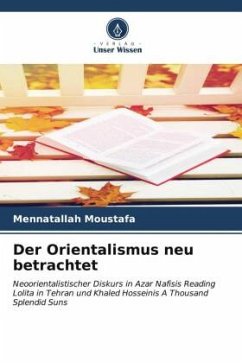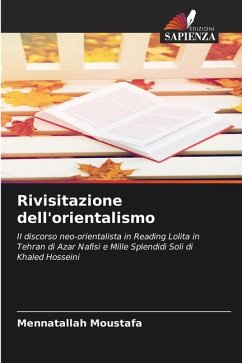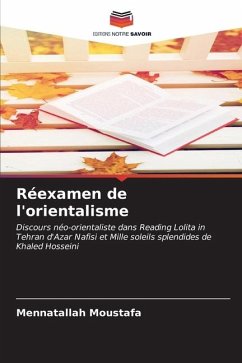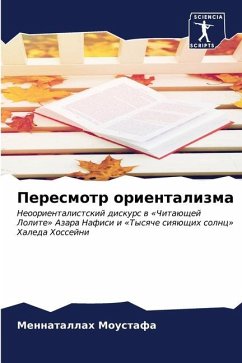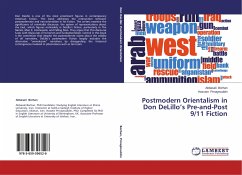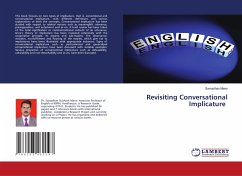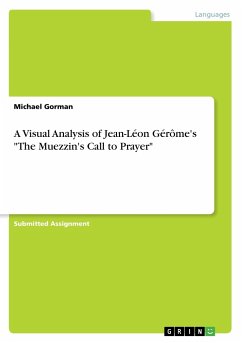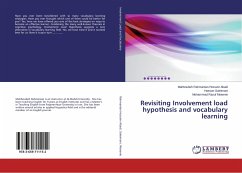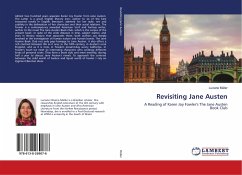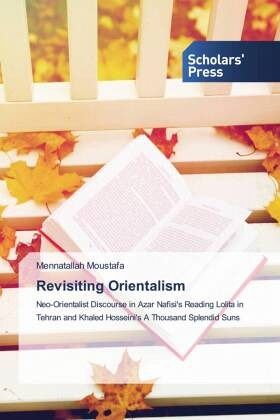
Revisiting Orientalism
Neo-Orientalist Discourse in Azar Nafisi's Reading Lolita in Tehran and Khaled Hosseini's A Thousand Splendid Suns
Versandkostenfrei!
Versandfertig in 6-10 Tagen
43,99 €
inkl. MwSt.

PAYBACK Punkte
22 °P sammeln!
The book examines the neo-Orientalist's characteristics in Azar Nafisi's memoir Reading Lolita in Tehran: A Memoir in Books (2003) and Khaled Hosseini's novel A Thousand Splendid Suns (2007). Also, the study offers a critique of neo-Orientalist's discourse that aims to normalize the negative representations of Muslims and the Middle East in the collective American perception, which also facilitates the public consent to imperial goals. This study uses the concept of Hamid Dabashi's "comprador intellectuals" to position Azar Nafisi and Khaled Hosseini as comprador intellectuals who facilitate a...
The book examines the neo-Orientalist's characteristics in Azar Nafisi's memoir Reading Lolita in Tehran: A Memoir in Books (2003) and Khaled Hosseini's novel A Thousand Splendid Suns (2007). Also, the study offers a critique of neo-Orientalist's discourse that aims to normalize the negative representations of Muslims and the Middle East in the collective American perception, which also facilitates the public consent to imperial goals. This study uses the concept of Hamid Dabashi's "comprador intellectuals" to position Azar Nafisi and Khaled Hosseini as comprador intellectuals who facilitate and justify the domination of American imperialism using the power of their native authenticity. Moreover, the study employs the concept of Ali Behdad and Juliet Williams' ahistorical historicism and claim to journalistic truth as discursive tropes of neo-Orientalism. The research reveals how Nafisi and Hosseini clearly deploy a simplistic, ahistorical narrative in an attempt to explain a complex historical event that constructs a different history that caters for US imperialism and colonial domination. In addition, the research relies on Edward Said's notion of Orientalism since neo-Orient.



